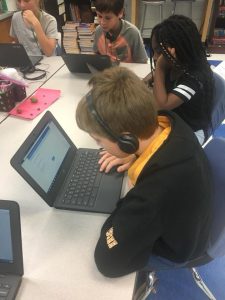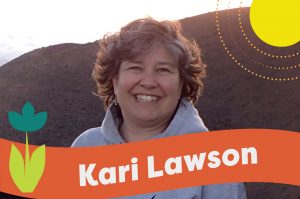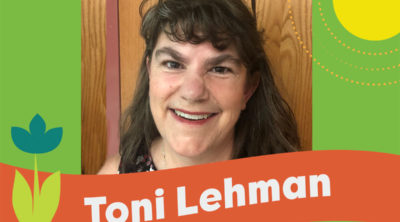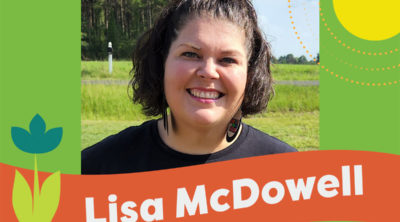This post is part of our Walk This Way series, designed to share The Walking Classroom experiences of teachers and students across the United States. This post provides a glimpse into Kari Lawson’s class.
Assessments are an integral part of The Walking Classroom, and there are so many ways to incorporate them! In my classroom, I use them each time we walk, although I rarely take classroom grades on them. This works for me, but I love the fact that you can modify and make any plan work for you, too.
Quiz Questions – Patterns and Previews!
The quizzes all follow the same predictable format. Kids quickly recognize patterns in the types of questions that will be asked. There are always fact/opinion questions, order of events questions, general and “according to the podcast” vocabulary questions, and health questions.
Before walking, I project the quiz and read the questions aloud to my students. This exposes them to some of the vocabulary they’ll be hearing on the walk. It also lets them focus on what they’ll be learning. Sometimes, if it’s a topic we’ve been studying in class already, they express confidence that they know some answers before we even begin. If it’s a new topic, they get excited to find out more!
Electronic Options
I prefer to use the electronic quizzes and upload them to my Google classroom before the walk. Sometimes I change the themes to match the walk topic, and the kids are always excited to see the different designs!
![]() I also frequently add a reflection question of some type. Some examples I’ve used include the following:
I also frequently add a reflection question of some type. Some examples I’ve used include the following:
- What will stick with you about today’s walk?
- What was the most interesting thing you learned today?
- What was most surprising to you today?
Once we return from our walk, the students log in immediately and take the quiz. They love the instant feedback of knowing how they did, which also helps guide our post walk discussions.
Informal Assessments
 I also informally assess my students by discussing the information after the walk. Sometimes they ask questions about the quiz questions (when they miss one), and it can spark great question strategy discussion or an opportunity to give more in-depth information about the topic.
I also informally assess my students by discussing the information after the walk. Sometimes they ask questions about the quiz questions (when they miss one), and it can spark great question strategy discussion or an opportunity to give more in-depth information about the topic.
Often, they want to share surprising or interesting information they heard and ask further questions about the topic. We discuss the health tips, too, to increase their health knowledge.
I don’t take grades on the quizzes because I stress to my students that they won’t all remember the same information with just one walk. I do review the answers and focus on most missed questions, though, so I can help students with strategies to have more success on other tests.
Realizing Retention through References!
I know my students retain the information they’ve heard on our walks because they reference walk facts and tidbits during discussions throughout the school year. I love to refer back to walks when we review lessons and I know that even though they may not remember everything, the walk information really sticks with them!
Kari Lawson
Fourth Grade Teacher
Westwood Elementary





Leave a Reply